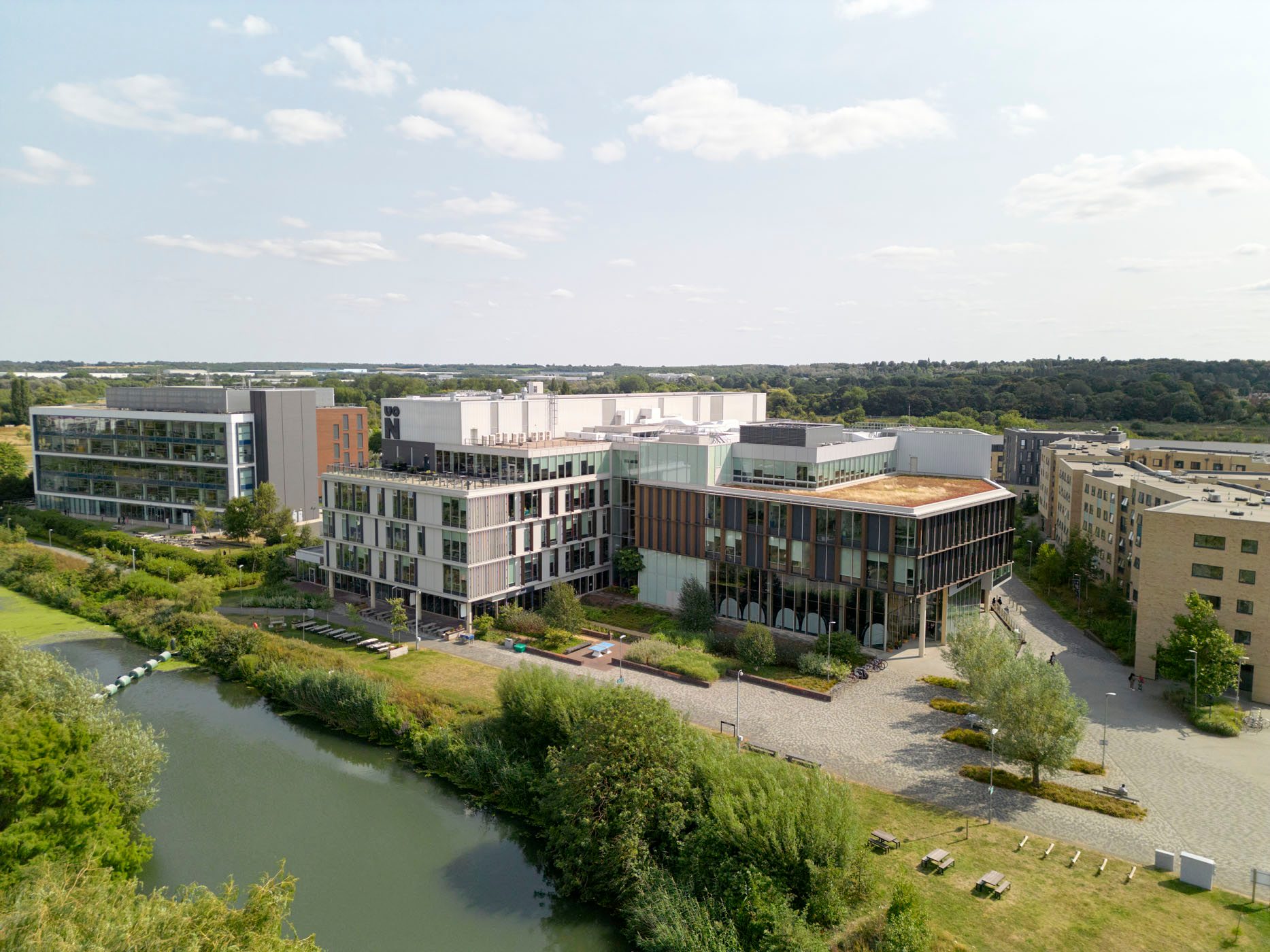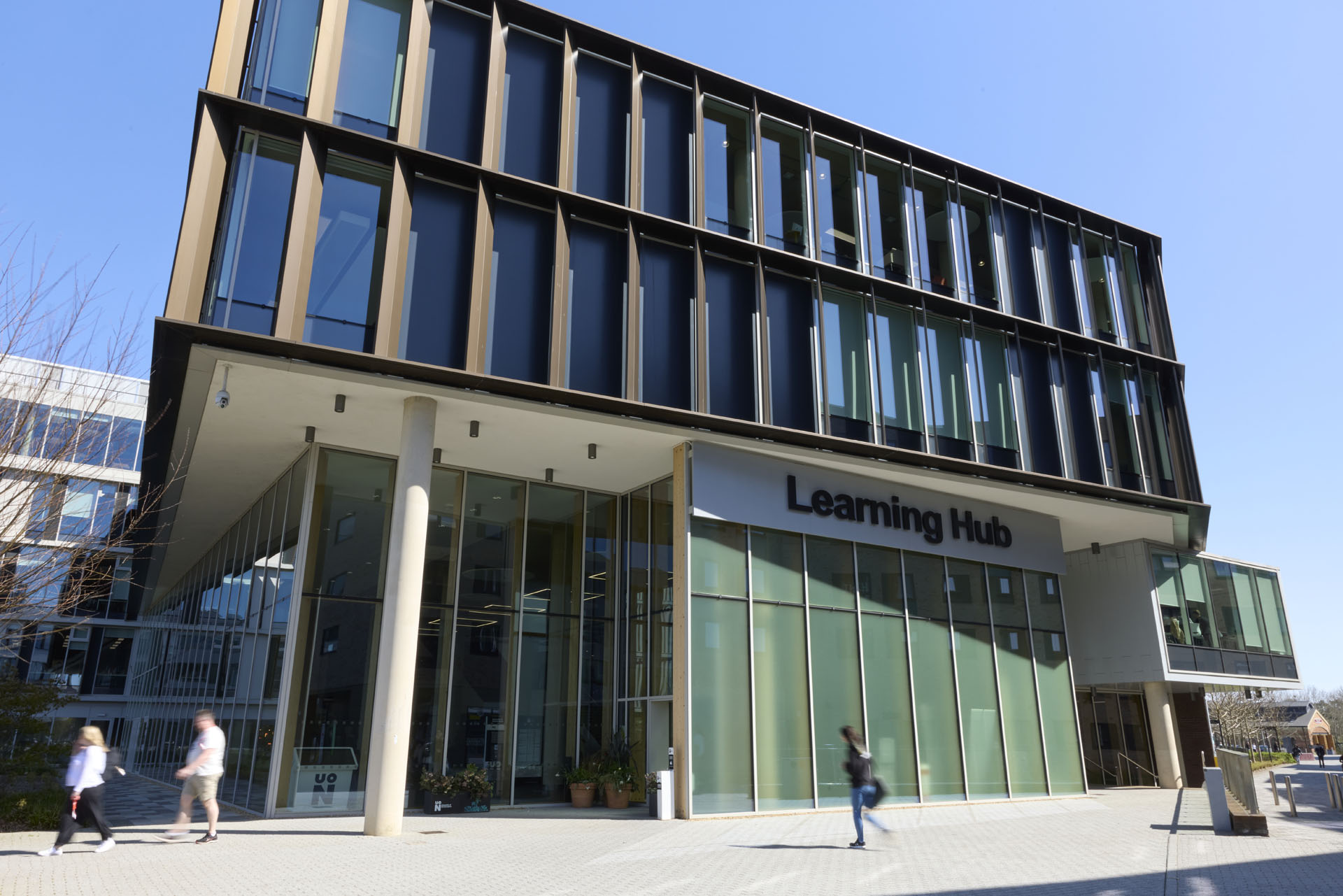Application Form
It may seem obvious, but please fill out your application in full. Missing information can cause delays in processing your application. It’s really important that you include a current email address that is personal to you and one that monitor regularly, as we use email to arrange interviews and to get back to you with any additional information that we may need for your application. It’s also important to include a current mobile telephone number (with the country code). This is just in case we need to contact you urgently about your application. Our first form of contact will be email but there are occasional situations when we may need to call you so make sure to include your contact number.
CV
Submit an up-to-date CV
Remember that one of the entry requirements for the DBA is that you are in a senior management/leadership position. Those reviewing your CV may not be from your industry and so you will need to include the roles and responsibilities associated with your job title – we need the key points.
It may be that you are involved with another organisation outside of work, such as a professional body or charity. Remember to include it so it can be taken into consideration.
Another entry requirement is five years experience at an appropriate level. Does your CV show how you meet this requirement?
Qualifications and other management training or development that supports your application
Make sure you give all your qualifications from your Bachelor’s degree onwards. Please include professional qualifications as well as academic qualifications, if you have them.
If you were awarded your Masters 10 or more years ago we will need to understand how you might have kept up to date with developments in management and your functional area since then. One way of doing this may be through training and development, so make sure that you include it. Even if you have recently completed your Masters it is still important to include this because it strengthens your CV and application.
Make sure you give information about who provided the training/development, what it was, when and whether or not it was certificated. If you have written or delivered conference pages include that information also.
Personal Statement
This should be about one side of A4 and cover all of the following:
- What is your motivation for undertaking a doctoral level qualification?
- Why have you chosen to apply for a DBA rather than a PhD?
- What has attracted you to the University of Northampton’s DBA?
- If you MBA was completed 10 or more years ago, how have you kept up to date with developments in your field and generally in business and management? You may want to refer to your CV for this.
- How you meet the requirements for 5 years of relevant experience and currently in a management/leadership position? You may want to refer to your CV for this.
- What is your thinking on how you will find the time to undertake the DBA alongside, work, family and other commitments?
For all the areas you do not have to write a lot but what you do write must be specific to your situation – avoid general statements.
References
How many references do you need?
You need submit two references with your application. If you do not do this your application may be delayed.
Who do the references need to be?
Ideally, one of your references should come from your current manager and another from an academic from your Masters programme.
If a reference from your manager is difficult, try to get someone who is not your manager but knows you and is senior to you. It is very helpful if the reference can show that the organisation will support you in undertaking the DBA by being flexible so you can attend workshops and giving you access to information to complete assignments based on your workplace.
Getting an academic reference may be harder if it is a while since you did your Masters and we do understand that. Make sure that the reference is for a DBA and not a PhD. Please do not use a reference written for another course or University.
If it is not possible to get one or both if the above, then we will accept other references. If the referee wants to submit the reference directly to the University please contact pgradmissions@northampton.ac.uk for advice on doing this.
Make sure your references are recent, they should not be more than 4 months old when submitted.
Qualifications Certificates/Passport
Please make sure you provide a scanned copy of all your degree certificates (together with their transcripts), any professional qualifications and your passport. Your application cannot be processed without them.
Language Capability
If you are not a native English speaker, for Doctoral level of study, you will be required to demonstrate language capability equivalent to IELTS 7.
Normally those with Masters from the UK will meet this requirement.
If you are successful in being offered a place, and the place is conditional on language capability, you will need to take IELTS or an equivalent recognised language test.
Research Topic Form
We’ve put together a document for Research Topic form guidance, which provides all the details you’ll need for filling out the form. We have also completed an example form so you can see how it should look.
Interview
When will I know about the interview?
If your application form and research topic form pass the initial review you will be invited for an interview. The interview is a vital element of the selection process of the DBA.
What will the interview cover?
The interview will cover all aspects of your application, so you should be prepared to discuss and expand on anything you submitted. Typically, most time is spent discussing the Research Topic Form. This means that you need to be very familiar with what you have written and the sources you have used. You will need to be prepared not only to explain and defend your thinking but to consider alternative ideas and approaches that the interview panel may wish to discuss.
What are the arrangements for the interview?
All interviews are conducted by a panel of at least two people. Once a suitable panel has been formed, with a time and date that all members of the panel can make, you will receive a calendar invitation with a Go-to-Meeting link. You must accept this invitation as soon as possible.
If you are unable to make the time and date of the interview again let us know as soon as possible and we will look to rearrange the interview. Please note it may take a week to find a new time and date and the new interview maybe two to three weeks after the original date.
If we have not heard from you within 5 days of sending out an interview invitation, the interview will be cancelled, and the application rejected.
It is important that you undertake the interview on a laptop or desktop (not a smartphone or tablet) and that you have checked out the internet connection as well as your camera (yes we do need to see you!), microphone and speakers. We often find that bandwidth can be an issue so it is important that you arrange to be somewhere with a strong internet connection for your interview.
Interviews normally last 35 – 45 minutes and need to start within 5 minutes of the time given. If you are not there then the interview will be cancelled.





















